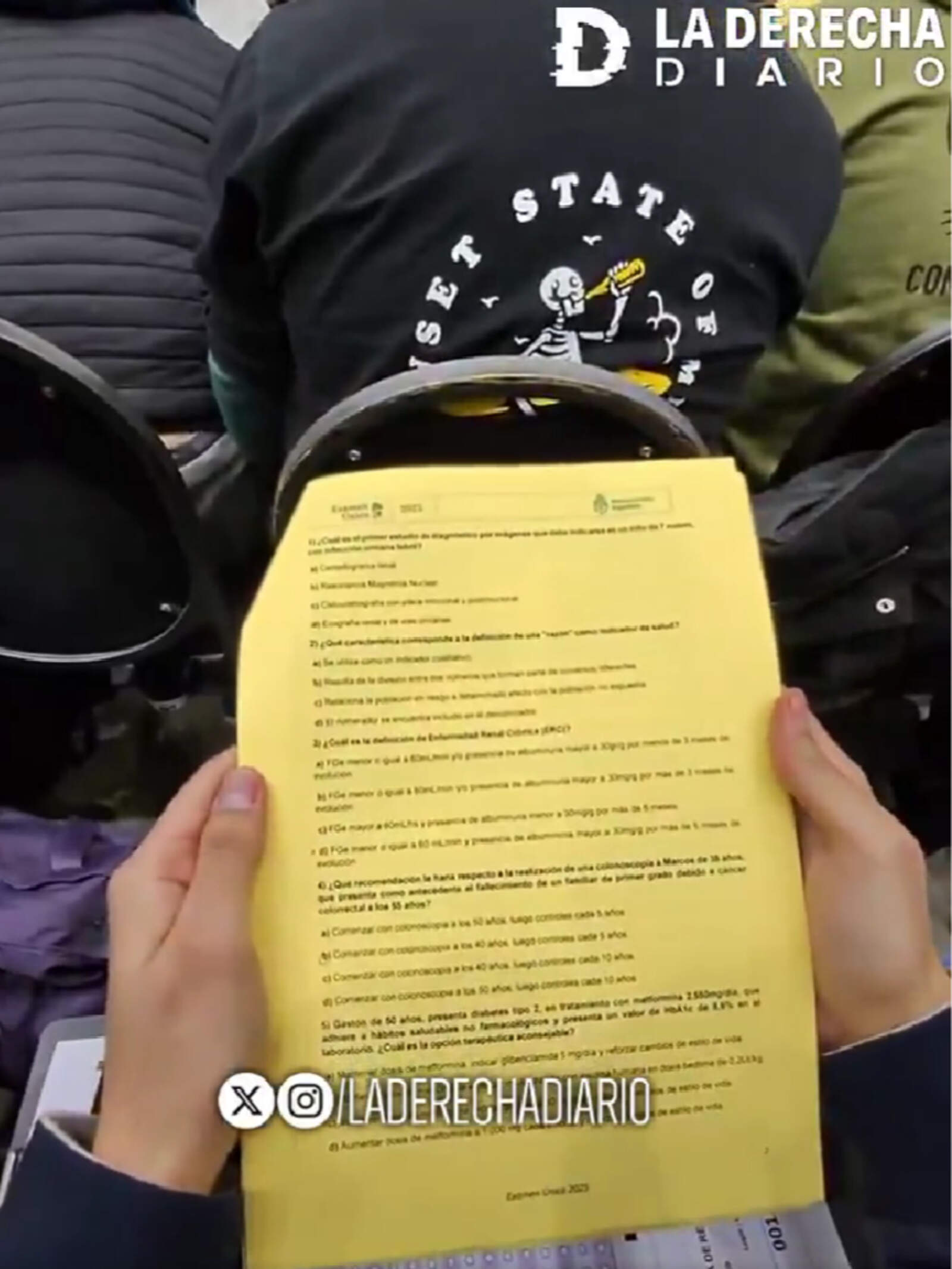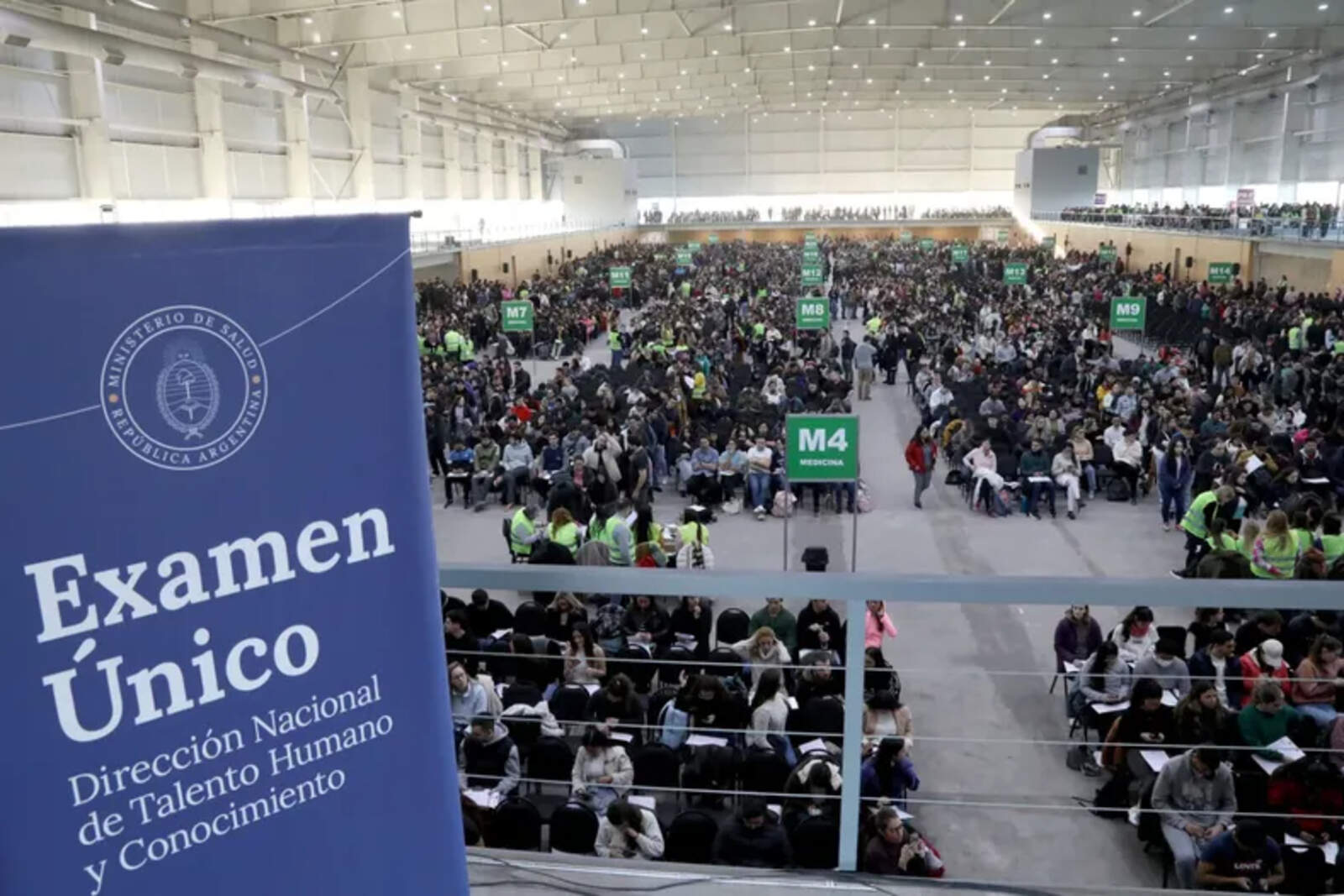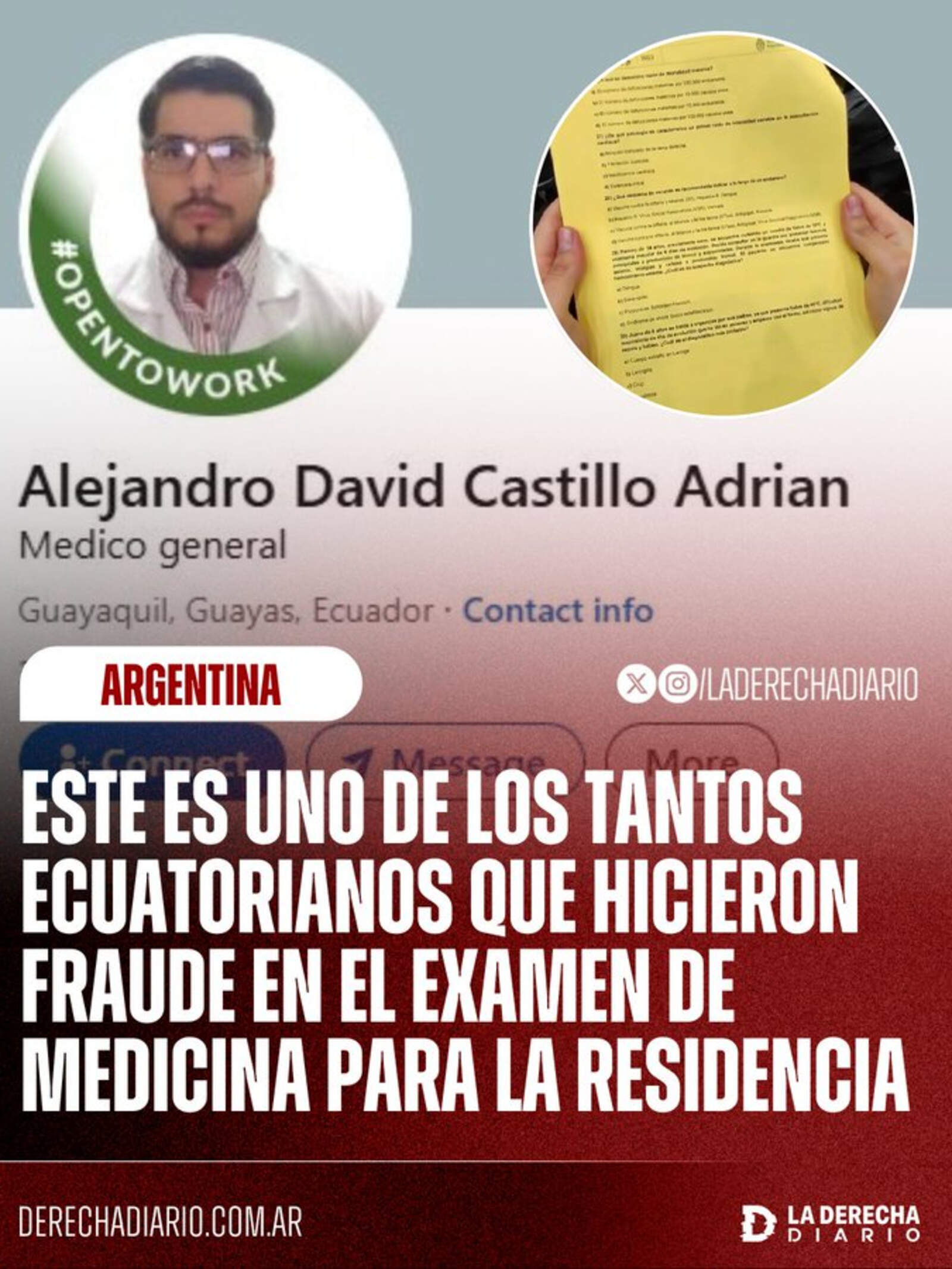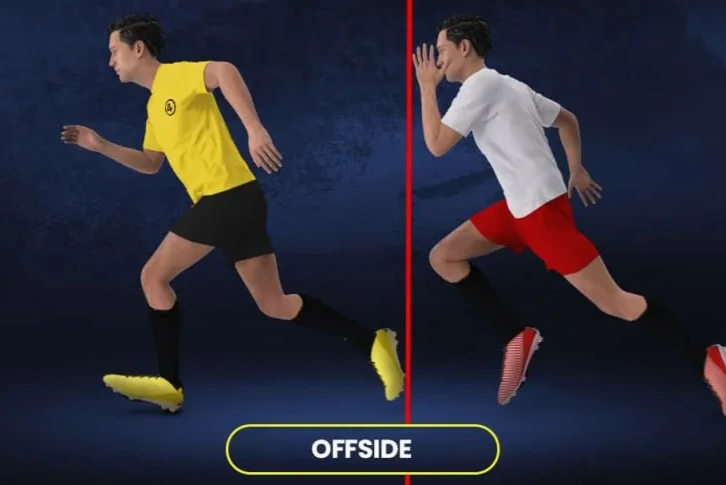Amid the implementation of deep reforms to restore the culture of effort in Argentina, the Government of Javier Milei faces a new example of how the previous system had given way to opportunism and cheating. The National Medical Residency Exam—a key step for accessing top-tier professional training in the public system—became embroiled in a scandal involving academic fraud practices carried out with cutting-edge technology by applicants, most of whom are foreigners.
The presidential spokesperson, Manuel Adorni, confirmed last Thursday that "there has been an investigation that revealed suspicious results in the exam for medical residency applicants, inconsistent with the academic records of their universities and with their career grade point averages". This statement, which caused a strong reaction among newly graduated professionals, is part of a situation that had been developing for a month, when the national Government announced a "new sovereign framework" for the selection of residents, aimed at prioritizing those who have completed their entire education in the country.

The official announcement directly affects those who scored 86 points or more on the July 1 evaluation—mostly graduates from foreign universities—and authorizes the Ministry of Health to "suspend the current merit ranking, reschedule the timeline, and call for a new exam," according to Adorni. The reason? The appearance of "suspicious grades, such as scores above 90 and 85 obtained by students who graduated from foreign universities, whose students were not usually among the top 500 positions" in the ranking.
The main development is the use of technological devices as tools for cheating. A video went viral showing how a foreign applicant—identified as Alejandro David Castillo Adrián, of Ecuadorian nationality—took the exam using Ray-Ban Meta glasses with a built-in camera, recording the content of the test. The material was sent from the bathroom, where those involved had access to their cell phones, to third parties who solved the questions from outside. Then, the candidates returned to the classroom with the answers.
This modus operandi, sophisticated yet effective, included multiple bathroom breaks by those involved, which contrasted with the behavior of the rest of the applicants. The scheme resulted in unusual statistical jumps: universities that had never managed to place students among the top 500 in the ranking suddenly had several among the top 30. "The statistical curve is directly broken," sources from the Ministry pointed out.









